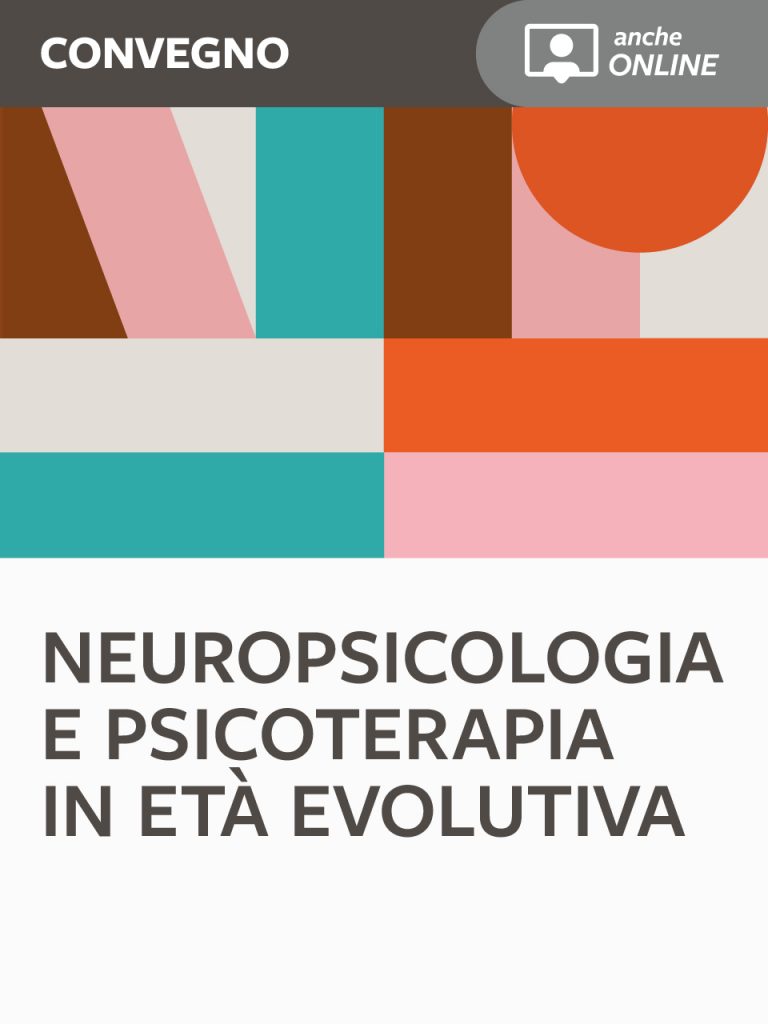Assertiveness training: An intervention which should be re-evaluated?
Silvia Cerolini, Michela Terrasi, Salvatore Ciro Conte, Alessandra Devoto, Teresa Cosentino, Caterina Lombardo
Although several studies demonstrate the effectiveness of assertiveness training in improving psychosocial well-being, this evidence-based intervention has been forgotten over the years. Given its potential use both as a preventive and treatment intervention, the present study aims to measure the effectiveness of a brief 4-session assertiveness training programme. Specifically, we measured: frequency and discomfort of assertive behaviours, emotion regulation strategies, self-esteem and symptoms of anxiety, depression, and insomnia. Study 1 includes a sample of 45 university students (age M=24.89, SD=4.05, 44.5% males), and aims to verify the effectiveness of assertiveness training by comparing it with an active control group; while study 2 aims to verify the effectiveness of the training in a preliminary sample of 5 patients with difficulties in assertiveness (age M=24.00, SD=3.54). At the post-training stage, study 1 shows a significant reduction in discomfort, depression, and anxiety symptoms, likewise with the active control training. Similarly, study 2 documents a significant reduction in discomfort and a means trend between pre and post-training, which indicates an improvement in psychosocial well-being, supporting clinical observation.
Keywords
Assertiveness, Training, University Students, Psychosocial well-being.

